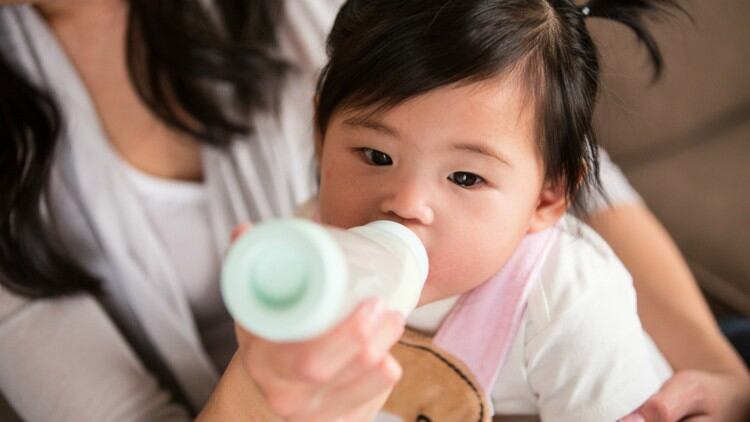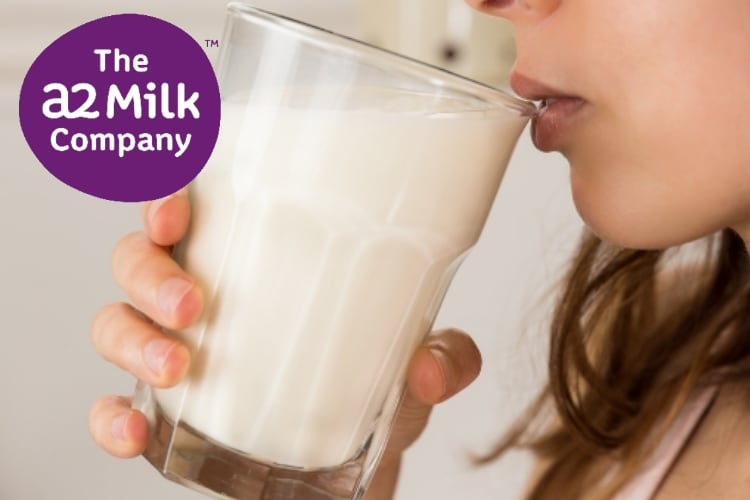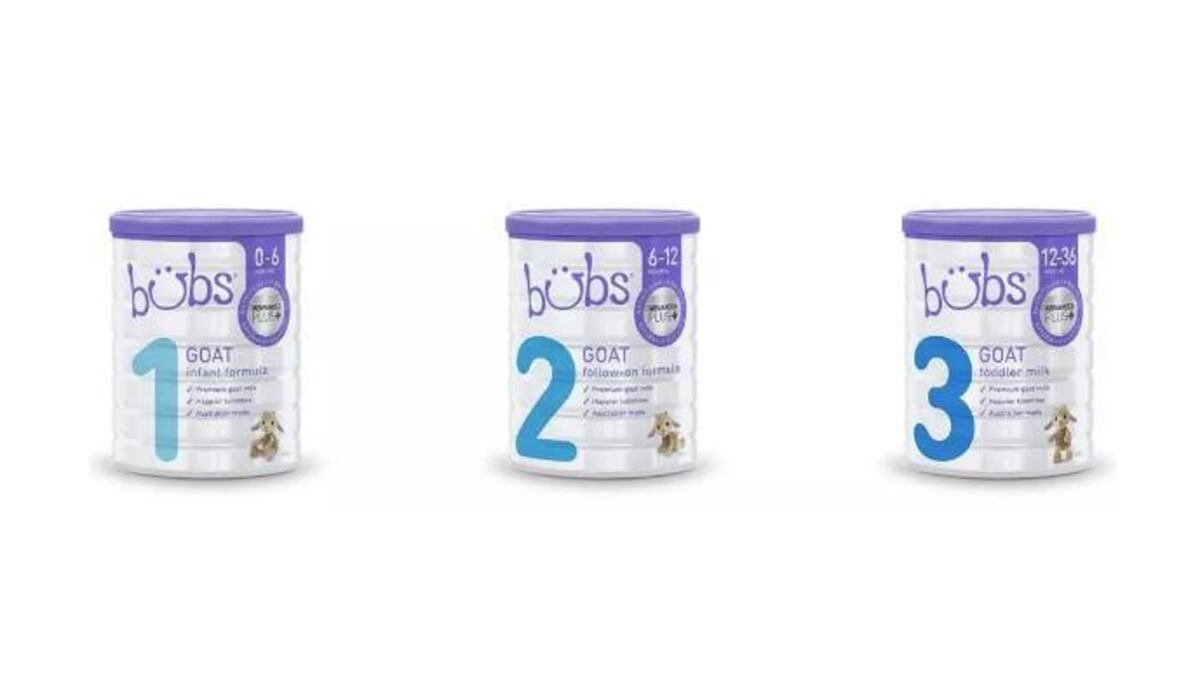Meiji is one of the firms that has already commenced with product development.
It is also discussing the types of product and packaging that would suit the Japanese market, a spokesman said in response to NutraIngredients-Asia’s queries.
The firm also plans to invest in production line to manufacture the product.
“Before we launch the product, we should set up specifications and get approval from government authorities. We have just started to develop the product.”
“We need mid-term to long-term stability study to confirm product safety.”
On the other hand, Mitsunori Watanabe from Morinaga Milk’s public relations department said that the firm was considering a launch while acknowledging that there were factors to be taken into consideration if the firm wishes to do so.
“There are many challenges for launching safe and secure products. Morinaga Milk will consider a launch, taking the changes of ministerial ordinance into account,” he said.
Health minister Katsunobu Kato announced the introduction of the revised ministerial ordinance during a regular press conference.
Explaining the reasons for producing liquid milk, minister Kato said that liquid milk could be drunk without preparation, there were also useful in the case of disasters, as clean, drinking water might not be available during disasters.
He added that the ministry was prepared to cooperate with relevant ministries and agencies to facilitate the production and selling of liquid milk.
Several sources have begun reporting that the Japanese government is expected to lift the ban on the production and sale of liquid infant formula by summer, after the Ministry of Health, Labour and Welfare unveiled a draft of safety rules in April.
Liquid infant formula was not permitted for sale in Japan previously due to the absence of government safety standards.
Safety standards
Minister Kato outlined some of the safety standards for producing liquid infant formula during the press conference.
The standards included creating dedicated production lines for manufacturing of liquid infant formula. It is also necessary to confirm the raw ingredients of the liquid infant formula and the ratio of its components with the Ministry of Health, Labour and Welfare prior to production.
Minister Kato acknowledged that he is unable to state the duration needed for approval. However, he noted that “a certain period of time is obviously necessary.”
Other standards set include selling formulas in metal, plastic or carton containers. Pasteurisation of the milk at 120 degree Celsius for four minutes is also required.
Eventually, due to the time needed for product development, liquid infant formulas would reach shelves in Japan only after one to two years, the Japan Dairy Industry Association told NHK.
More expensive?
A spokesman from the Japan Dairy Industry Association previously commented that liquid infant formula is usually two to three times more expensive than powdered formula.
Other concerns include sedimentation due to the presence of nutrients.
"Additionally, the nutrients in the liquid formula may cause sediment to form at the bottom of the container over time, turning it brown,” the spokesman said.
"While this will not influence the content or quality of the product, many consumers may be put off by it as they are used to milk being a whitish colour,” he added.




